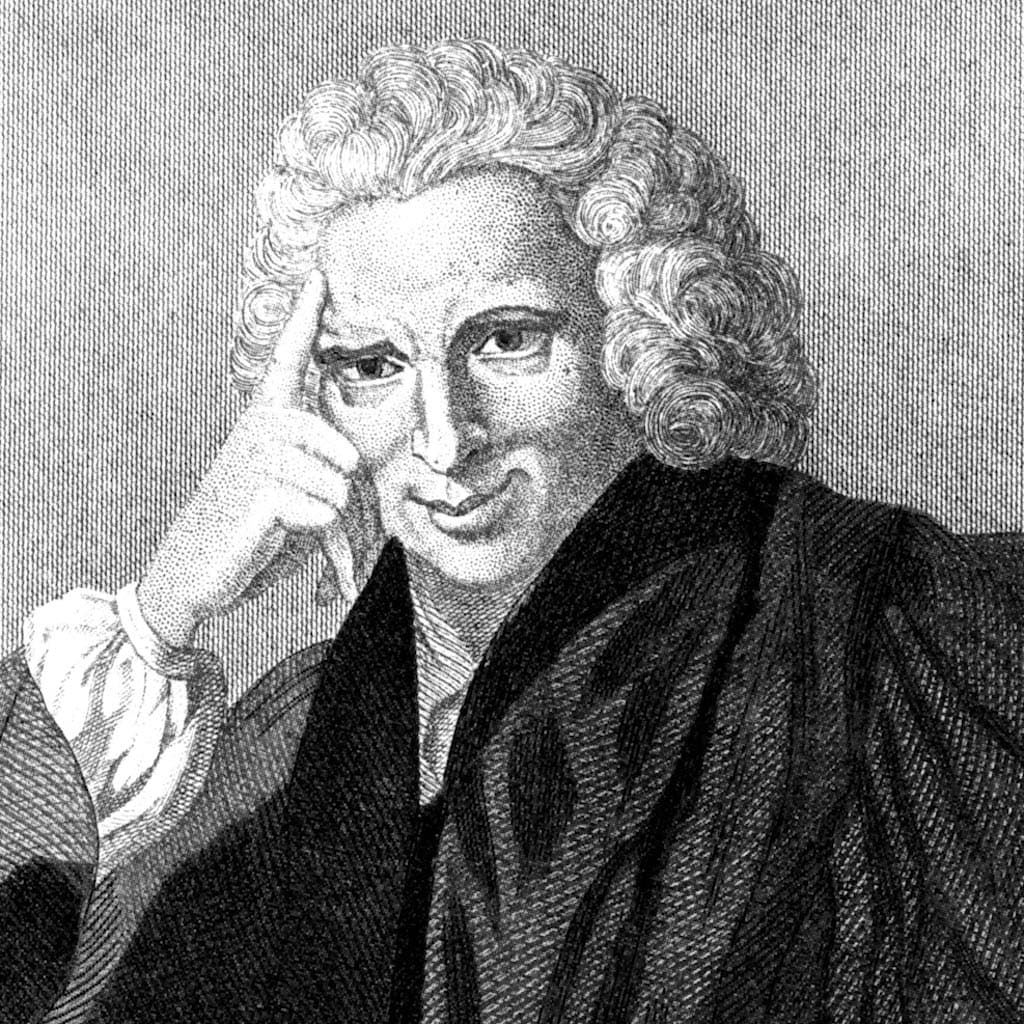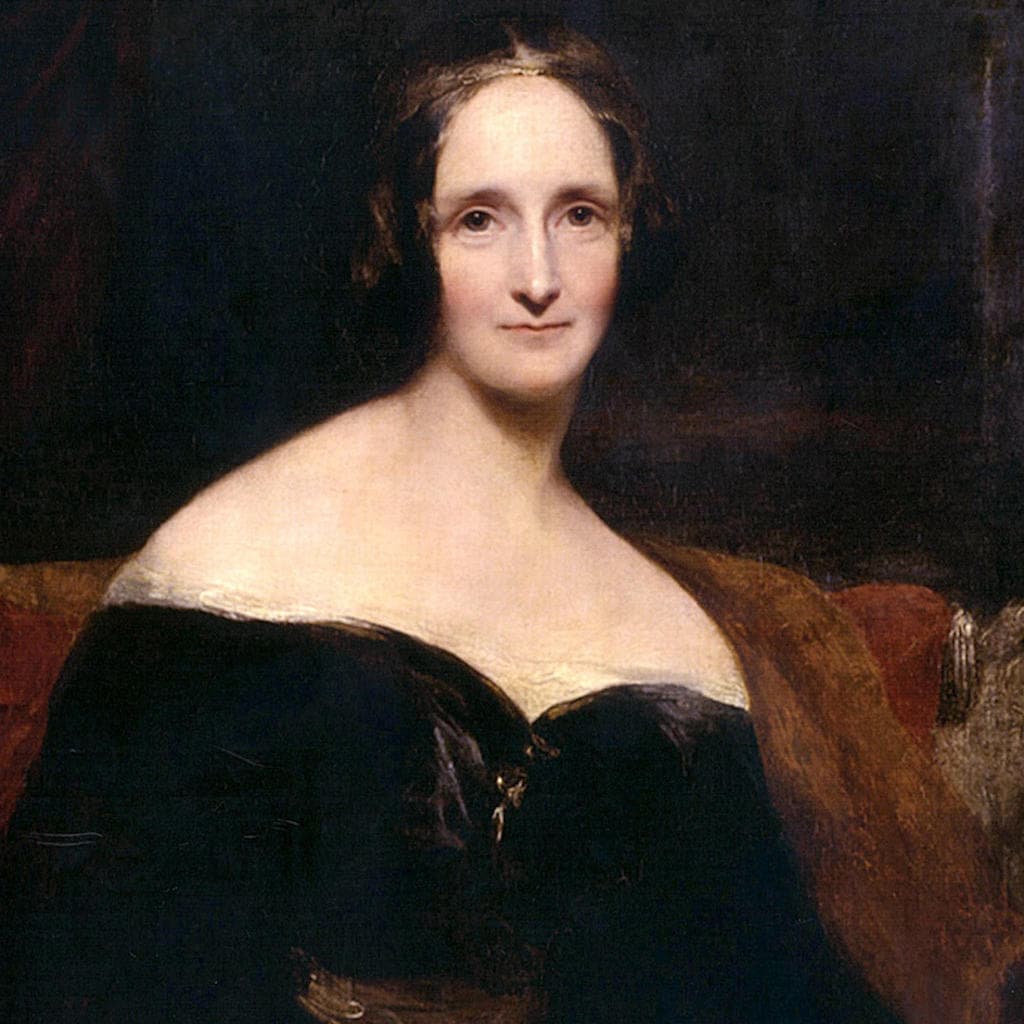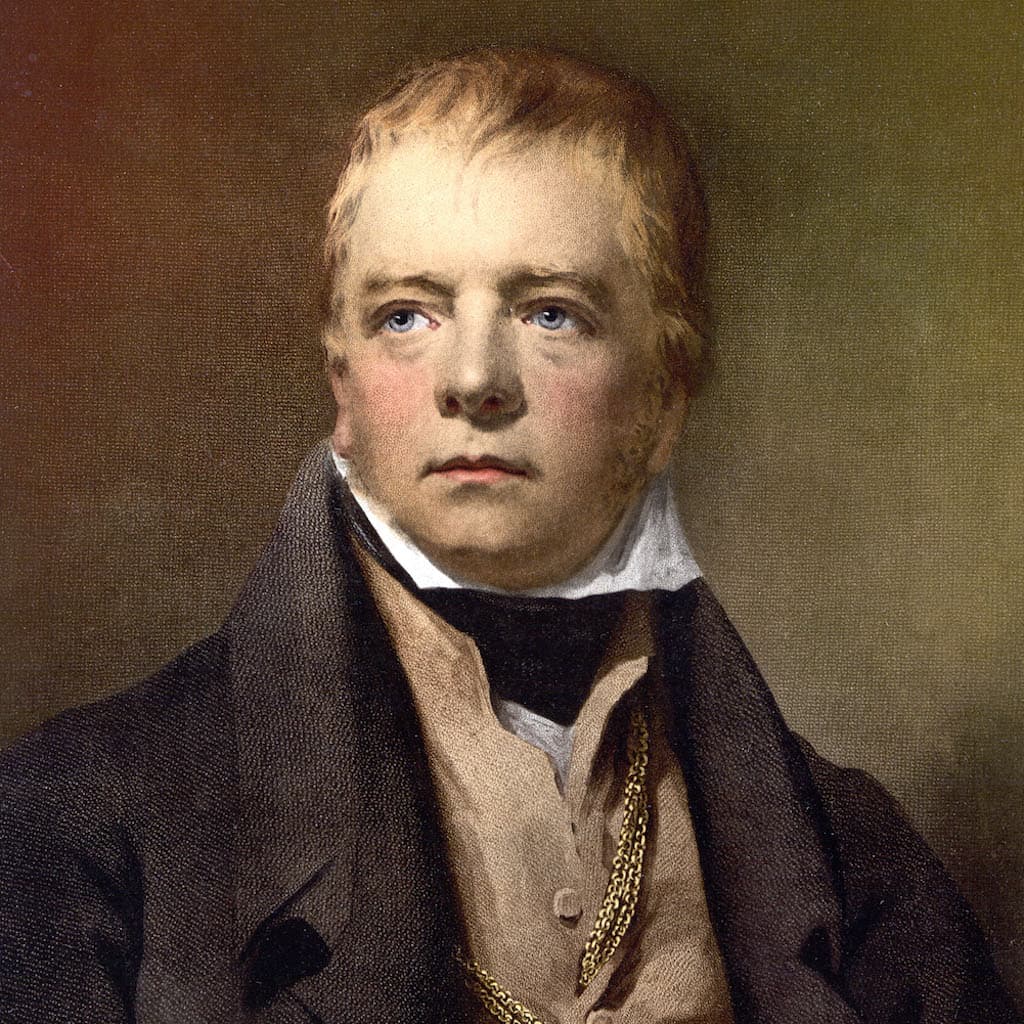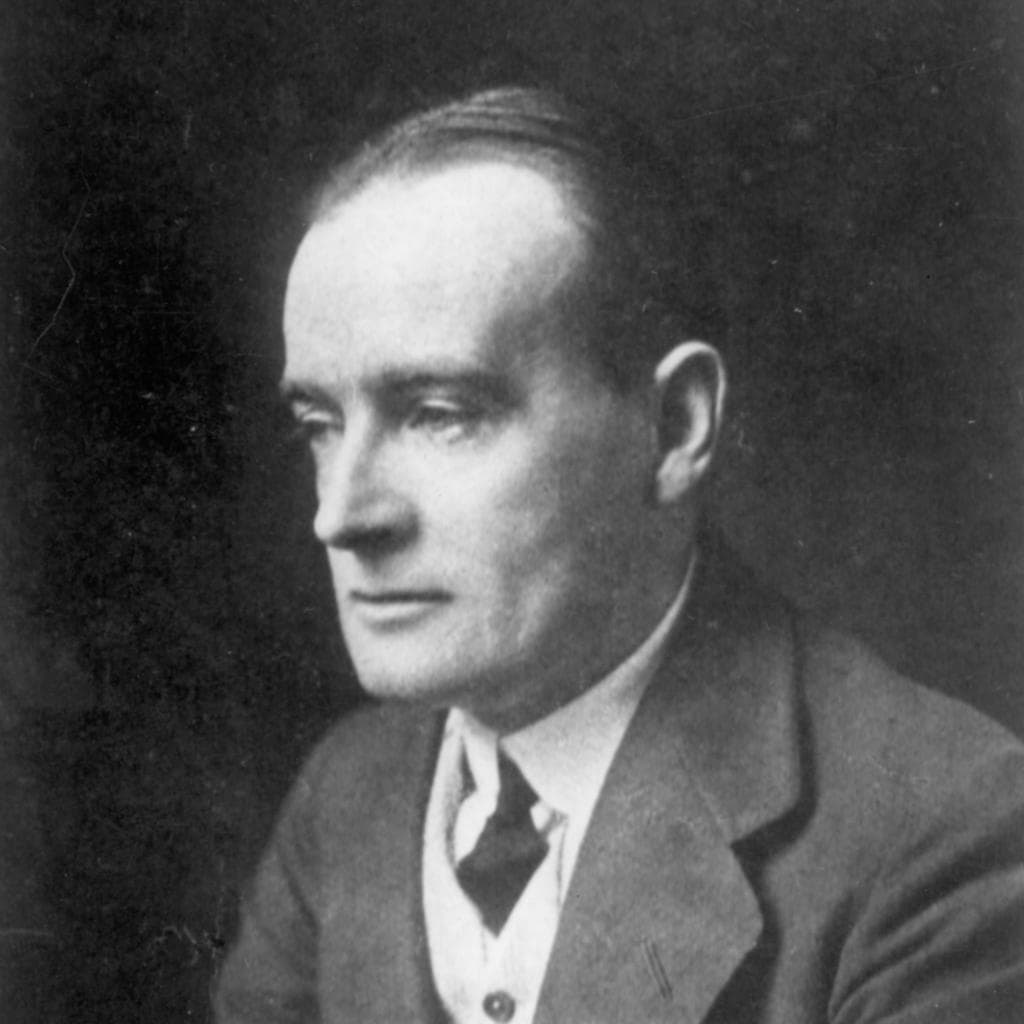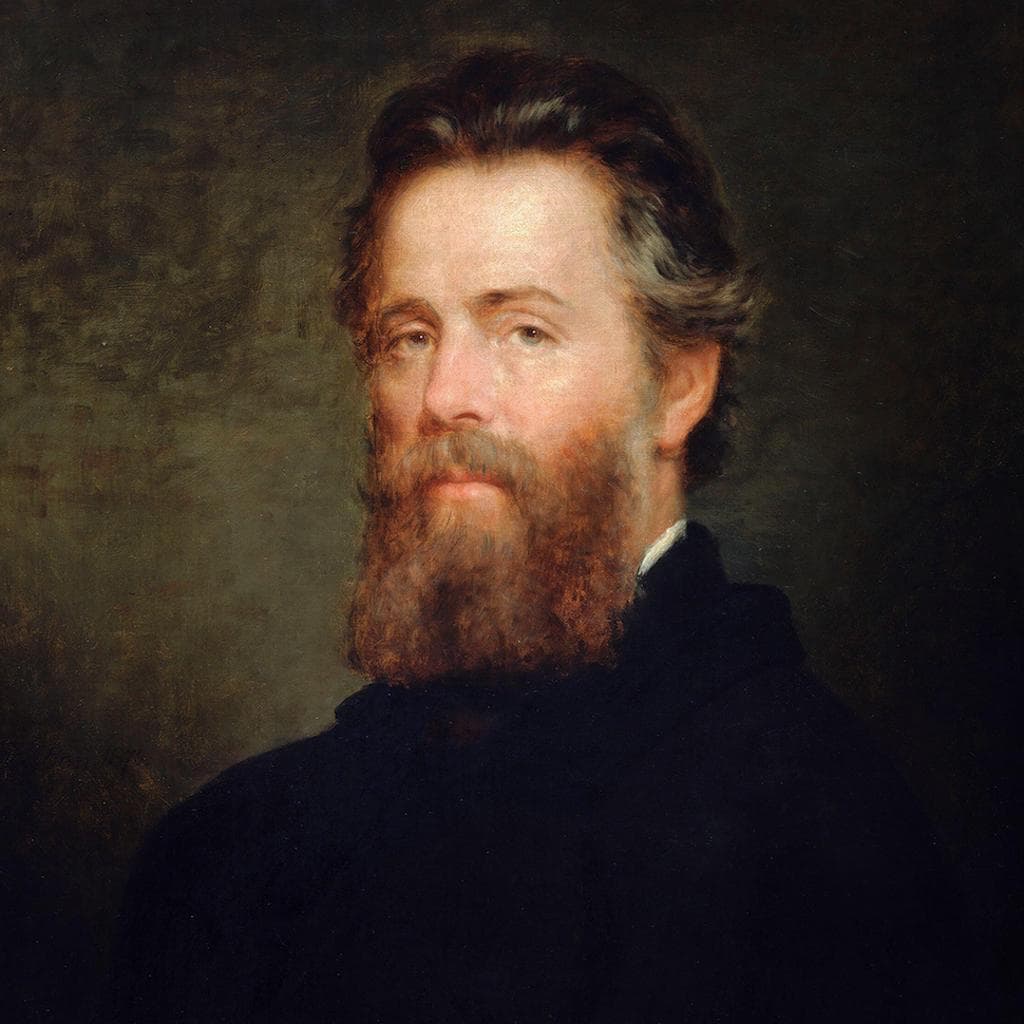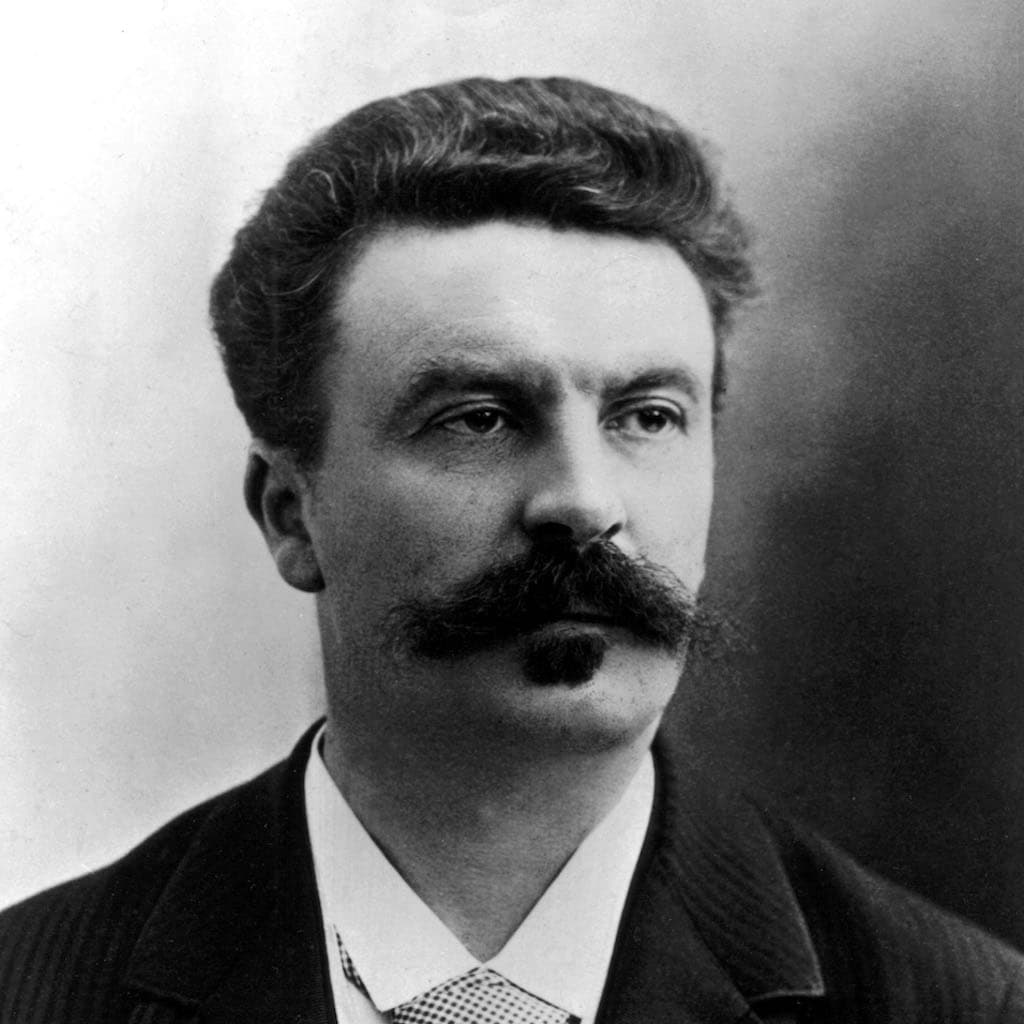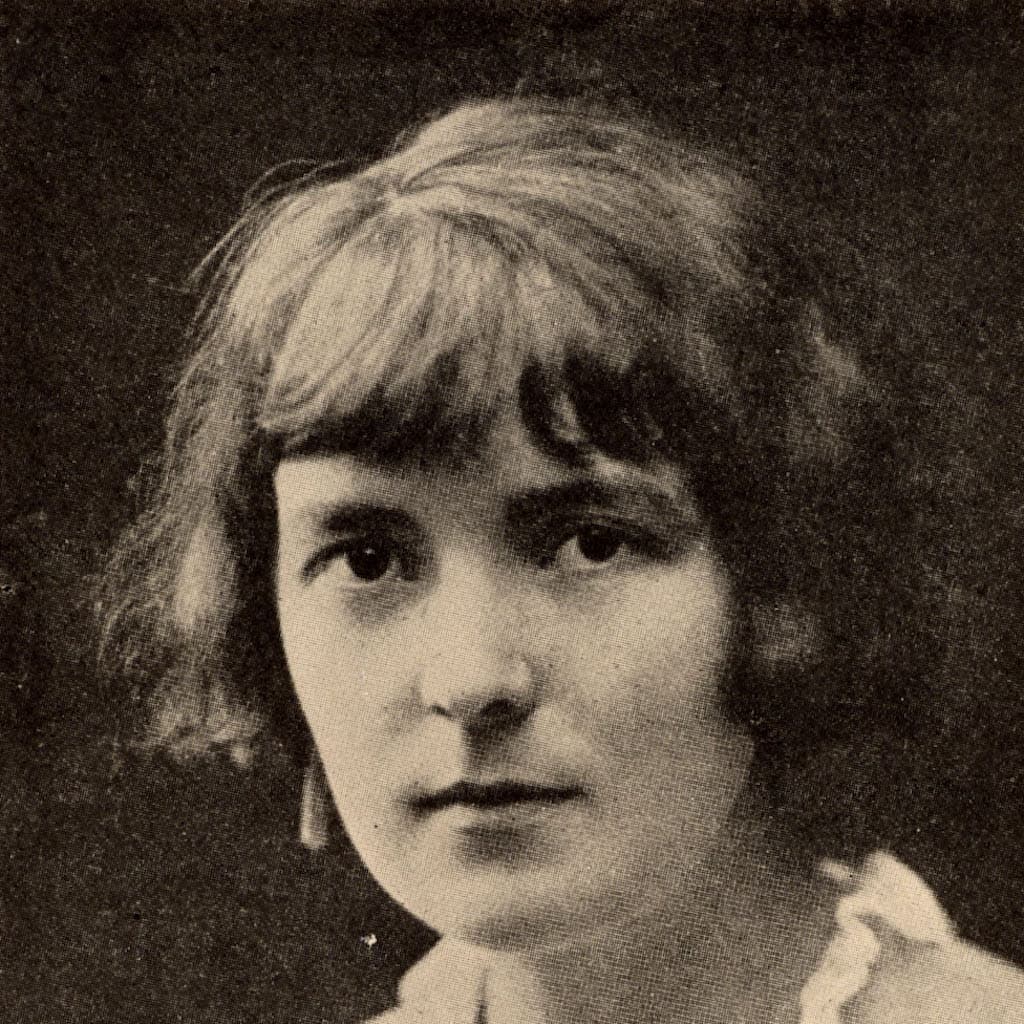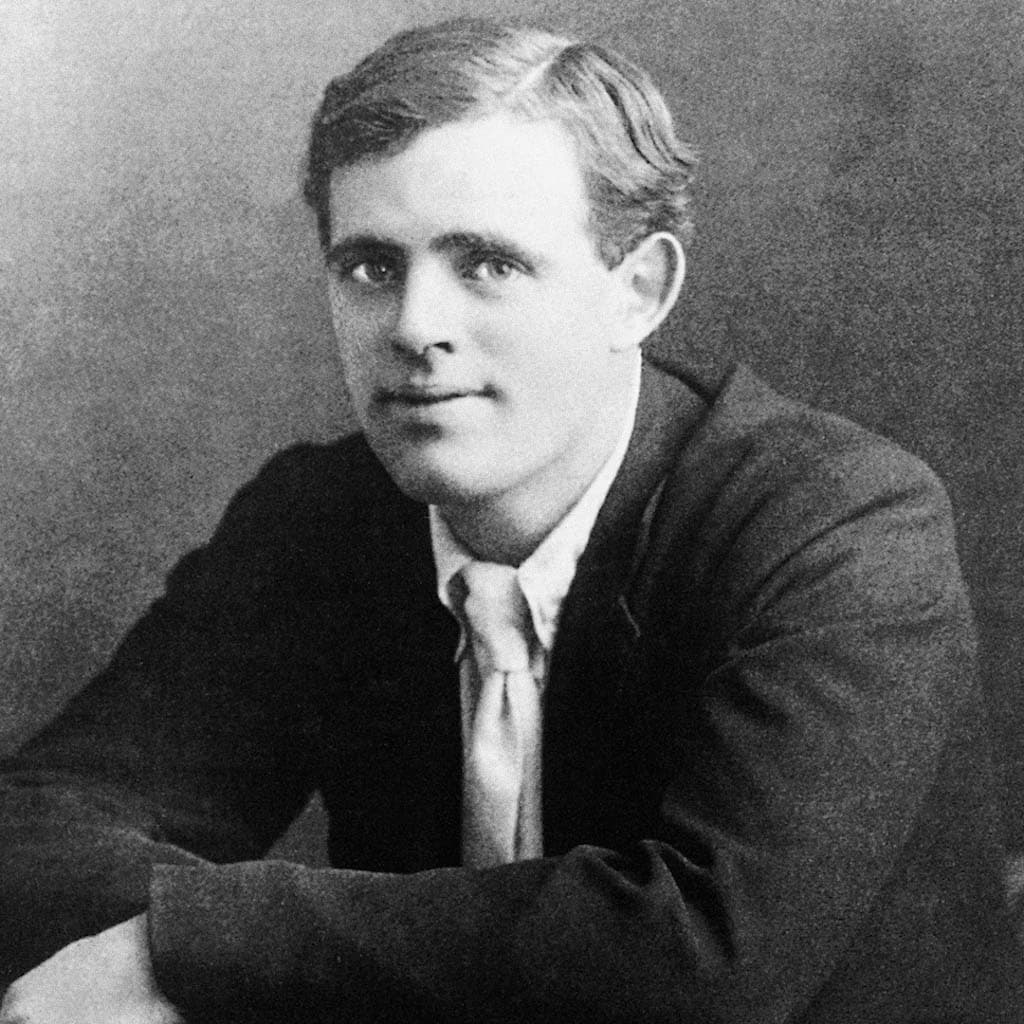BLOG POSTS
Archives: Book Authors
Sterne Laurence
Laurence Stern (1713 -1768) was an author whose work divided opinion during his lifetime and has continued to do so ever since. His most notable work, ‘The Life and Opinions of Tristram Shandy’ was a ground-breaking novel which experimented with new forms of narration, parodied other authors and included some bawdy humour for good measure. Dismissed as a novelty by some critics, his book has been cited as an influence on Virginia Woolf, James Joyce and many others.
Shelley Mary
By the time of her death, Mary Wollstonecraft Shelley (1797-1851) was remembered for two things: having been the wife of the poet Percy Bysshe Shelley, and for writing ‘Frankenstein’. Frankenstein’s, creation became an iconic figure in literature and film, but in more recent years Mary Shelley’s other works, such as the early science fiction work, ‘The Last Man’ and the disturbing ‘Mathilda’ have come to be widely appreciated.
Shakespeare William
William Shakespeare (1564-1616) needs little introduction. As we pass the four-hundredth anniversary of his death, his reputation as one of the greatest writers in the English language is undeniable – except by those who attribute his works to other writers.
Scott Sir Walter
Sir Walter Scott (1771 – 1832) was a Scottish novelist, playwright and poet. He is notable for being the first British author that gained an international reputation during his lifetime. Although the romanticism of his historic fiction later fell out of favour with critics, his major novels, such as ‘Rob Roy’ and ‘Ivanhoe’, are acknowledged as classic works of literature.
Munro Hector Hugh
Born in Burma in 1870, H(ector) H(ugh) Munro, or Saki, ranks alongside de Maupassant and O. Henry as a master of the short story. Written in the period between Queen Victoris’s death, and his own in the trenches in France in 1916, his witty tales of the adventures of the English upper class in Edwardian England were influential on the works of P.G. Wodehouse.
Melville Herman
The writing career of Herman Melville (1819 – 1891) peaked early, with his early novels, such as ‘Typee’ becoming best sellers. By the mid-1850s his popularity declined sharply, and by the time he died he had been largely forgotten. Yet in time his novel ‘Moby Dick’ came to be regarded as one of the finest works of American, and indeed world, literature, as was ‘Billy Budd’, which was not published until long after his death, in 1924.
Maupassant Guy de
Athough Guy de Maupassant (1850-1893) wrote novels, plays, poems and travel journals, it is for his short stories that he is remembered. His output was phenomenal, writing over three hundred short stories in the decade from 1880-1890. These works are rated alongside those of Turgenev, Chekhov, Poe and James, and were highly influential on those that followed him, such as Kipling, Conrad and O. Henry.
Mansfield Katherine
Kathleen Mansfield Beauchamp (1888 -1923) was a New Zealand-born writer, who spent most of her life in England, and is credited with being a major influence on the development of the short story. Her style, with its ‘stream of consciousness’, was said to be an influence on the work of Virginia Woolf. The full worth of her written works, and the influence of her innovative written style, were not fully appreciated until some decades after her death.
London Jack
Jack London (1876-1916) is a good example of how the popularity of a writer can wax and wane over the years. In the first fifteeen years of the twentieth century, London’s stories of his native America monopolised the market like few authors before or since, yet following his early death interest in his work dwindled. It was not until the 1960s that his work began to be re-evaluated, and he is now considered one of America’s finest, and most widely translated, writers.
